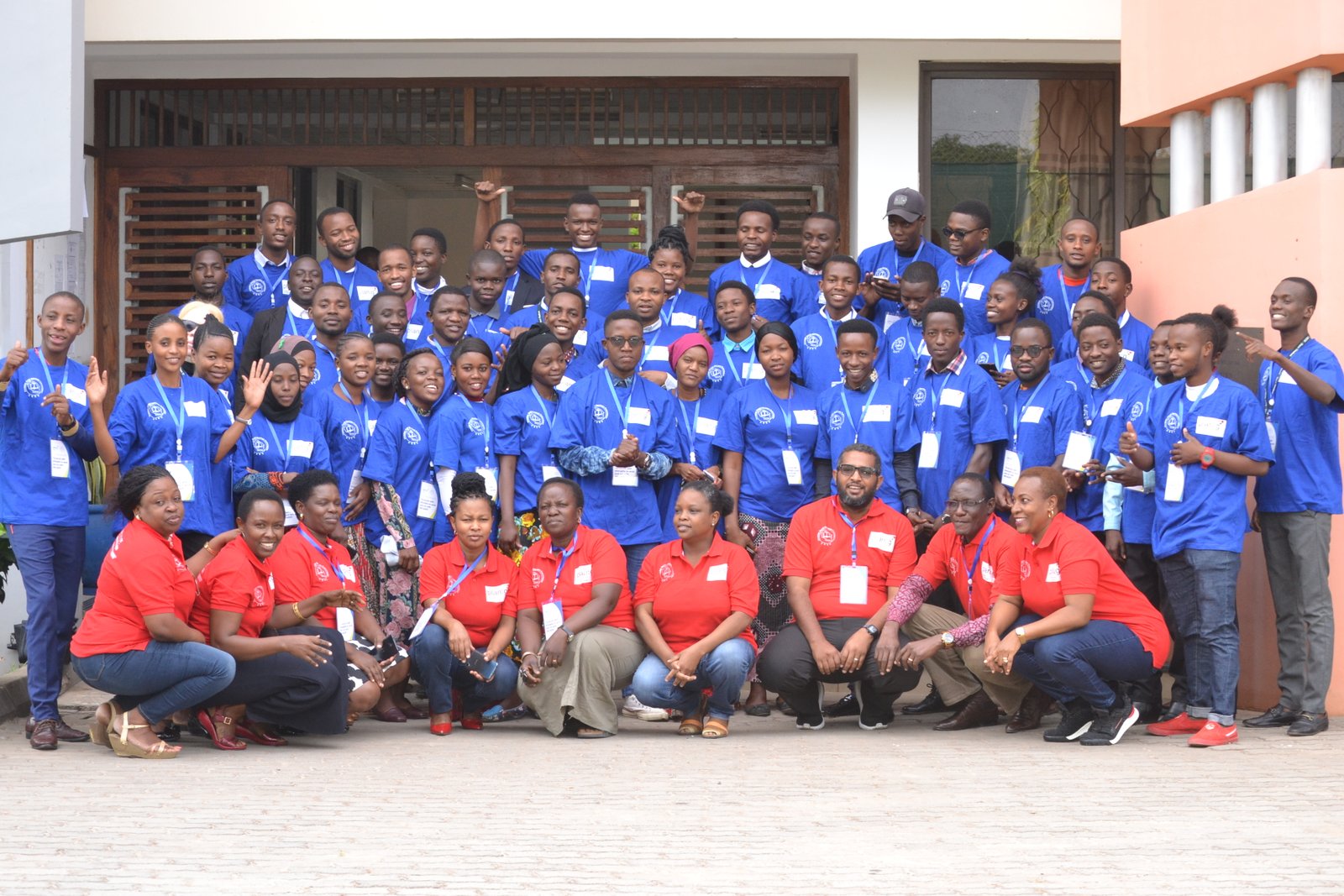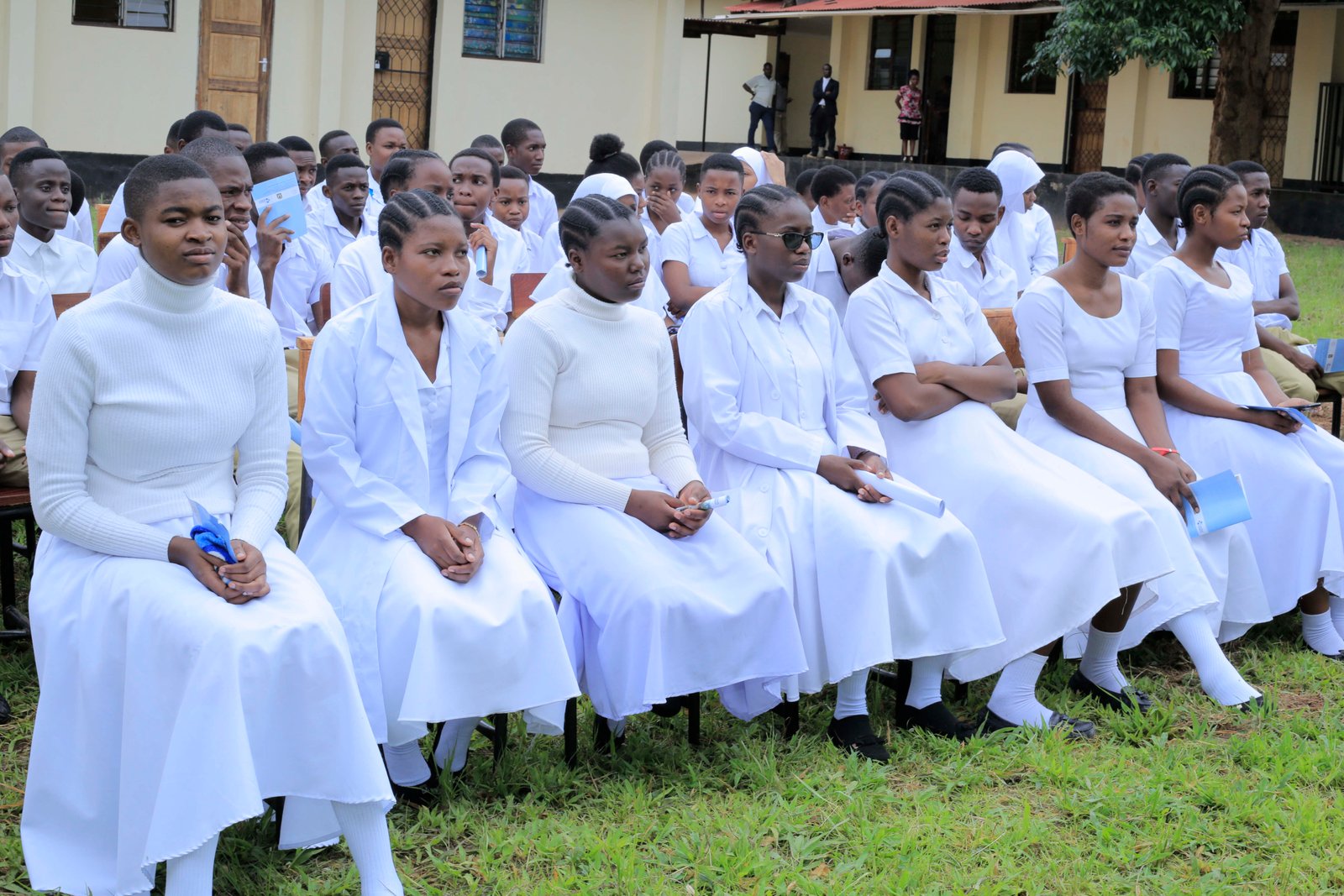
The Education Department coordinates and facilitates the provision of education services by Church-owned education facilities falling under TEC and CCT. Currently, member Churches own and manage:
- 404 registered pre-primary schools,
- 268 primary schools,
- 423 secondary schools (including 50 seminaries),
- 9 teachers colleges,
- 96 vocational education and training centres, and
- 22 universities and university colleges.
These facilities are spread throughout the country, and many are rural-based. In total, Churches own 7% of all basic education facilities in the country.
The work of the education department is organised along three main areas, and this is reflected in the 3 units and its 3 strategic objectives:
- Advocacy (policy unit): “the government – at national, regional and council levels – has improved the development of- and adherence to policy and legal frameworks that promote effective engagement of Church education facilities in service delivery.”
- Capacity building (technical unit): “Church education facilities improve the management of their service delivery and adhere to policy by operationalizing effective management systems”.
- Networking and partnership (programme unit): “the government – at national, regional and council levels – and development partners increasingly, recognize, involve, partner and collaborate with CSSC to improve education services in Tanzania”. Details for each of these three areas can be accessed by clicking on the units below. For more information and opportunities for collaboration/partnerships, please contact the Director of Education: ppamba@cssc.or.tz


